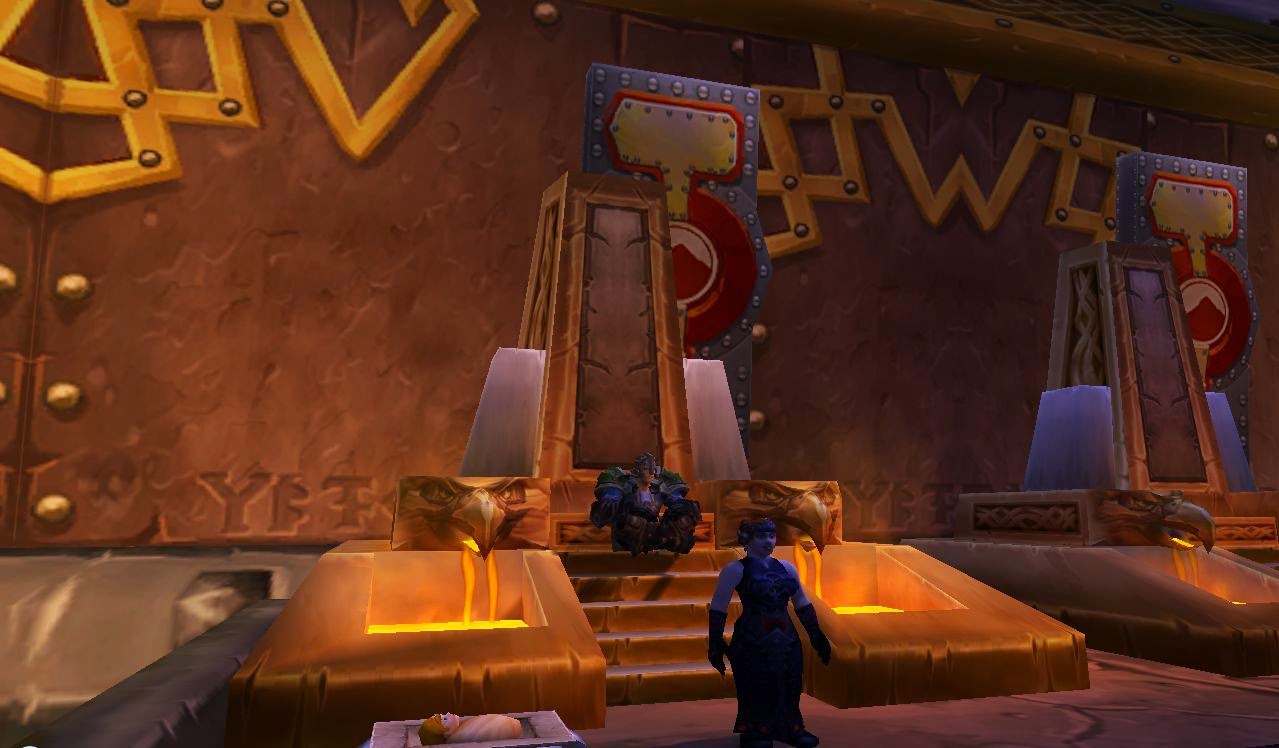So, last week I talked about how I loved the concept of the gritty Power Rangers parody, but didn't care for the execution (which is why I didn't link directly to it and I won't now). The parody made me think about the violence of the actual Power Rangers TV show, and why I suddenly stopped caring for it.
I liked Power Rangers when I was a kid (my Mom didn't), and I admit I'm still a sucker for flashy martial arts and dramatic finishes. In time though, it increasingly bugged me that each episode, each season, was basically the same basic formula: Cheesy, rote dialogue, monster shows up, Rangers fight it (mostly without even trying that hard), monster blows up, Rangers go home unscathed, more cheesy dialogue...lather, rinse, repeat. Then when I started learning
real martial arts, I became increasingly annoyed that there was nothing at
stake in these shows. The creator of the "Power Rangers Bootleg" said that he got to thinking about the idea of sending kids into combat to fight evil, and thought, "Wait, this is
Ender's Game, they'd end up with PTSD!"
To which I respond: Why would they? There is virtually no risk involved, virtually no casualties, and little collateral damage resulting from their fights. They don't get wounded, they hardly even get bruised, and in the entire history of
Power Rangers, I believe there are only two Rangers that have died in action. The rest of the time they walk away without a scratch. It's all basically a game.
You could argue that the violence has to be toned down for the kids, but I think that, in a way, toning it down makes it
worse. You have live-action people doing things that in real life would result in concussions, broken bones, lacerations, etc., yet they don't even
pretend to ever really be hurt. It looks too harmless, and thus easier to imitate.
Another thing that turned me against the Power Rangers is the advent of other action shows that are still relatively clean but take violence seriously. An excellent example would be
Avatar: The Last Airbender.
Legend of Korra was good at this too, but
Airbender had that excellent finale when Aang was faced with the task of bringing down Firelord Ozai. The show's creators had to follow the trope that a family-friendly hero must not kill (at least not too blatantly), but they found a smart way to work with that. Aang was from a pacifist, vegetarian culture, had never personally killed someone before, and wasn't keen on breaking that streak. Even if you didn't agree, you could still sympathize with him. When he talks with the ghosts of avatars past, instead of telling him to find another way, or even directly ordering him to kill Ozai, they counsel him to consider all his options, and not hold back simply because he's squeamish. Eventually Aang finds a way out when he gets the ability to drain the elemental bending of others, but even that has its own risks. So the show ends up having its cake and eating it too. They get their big finale, Aang gets a reprieve from killing Ozai, but he still has to exert himself like never before to win the fight, and drain Ozai's firebending with being overwelmed by Ozai's energy.
So there's not much blood in
Last Airbender, but people still get smacked around good, get badly hurt, and wrestle with the consequences of their actions. If they find a way to incorporate this into upcoming
Power Rangers projects, great, but I doubt they will, married as they are to the original
Rangers formula.
One more thing that bugs me about
Power Rangers, is how easy it is for the heroes to pick up martial arts techniques. The original Rangers were great martial artists to start with, but subsequent Ranger corps often have very little fight training going in, and the learning curve is generally over after the first or second episode of the season. This is insulting to actual martial artists who spend years honing their skills to the point to expert perfection, and it misses valuable opportunities to structure the story around the characters learning to fight. Again, there are plenty of shows that have
Power Rangers beat in this regard. One that I followed all the way through was
Kamen Rider: Dragon Knight, part of the
Kamen Rider francise, a similar set-up to
Power Rangers. In
Dragon Knight, the main character takes more the half the series to get proficient enough to hold his own in a fight, without needing his more experienced partner to rush in and save the day all the time. Likewise, in the current
Teenage Mutant Ninja Turtles TV series, when Splinter starts training April in ninjutsu, it takes a long time before she is competent enough to fight alongside the turtles, and even then her inexperience often shows.
I think this approach to action shows, where you have the good guys get hurt once in a while, and take time to become expert fighters, helps viewers to be much more invested in the characters, and gain more appreciation for those who learn difficult skills for real. I think it also helps them remember that even when you are fighting for what's right, violence still has a cost.












































